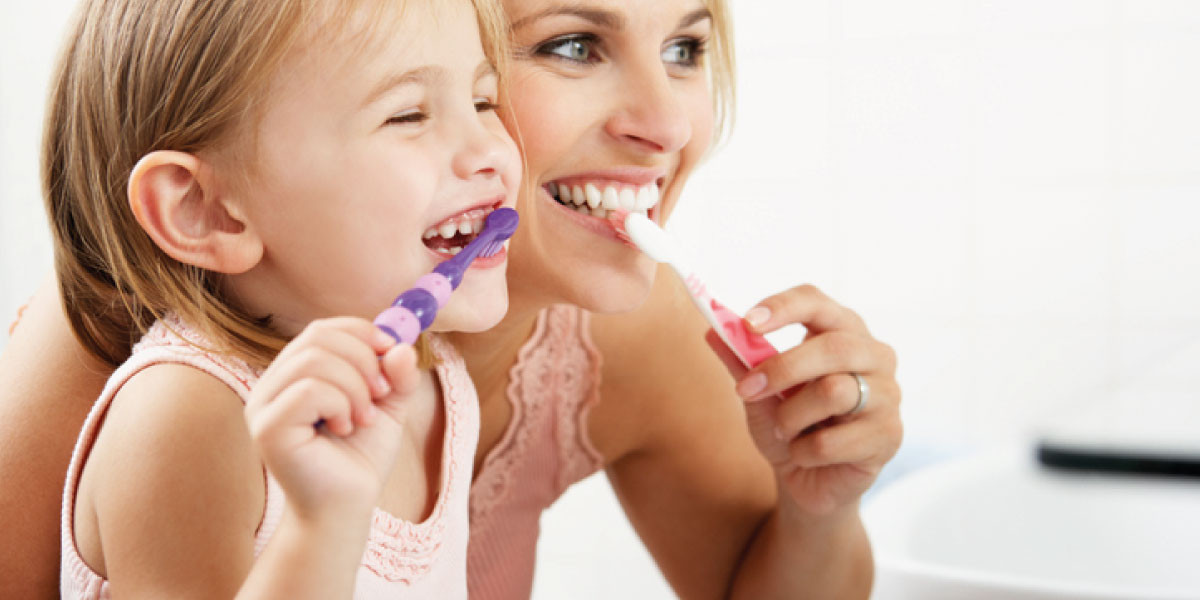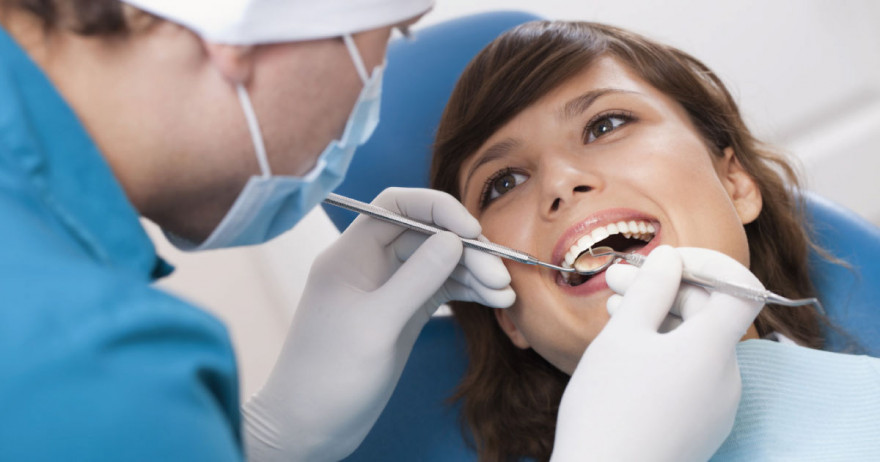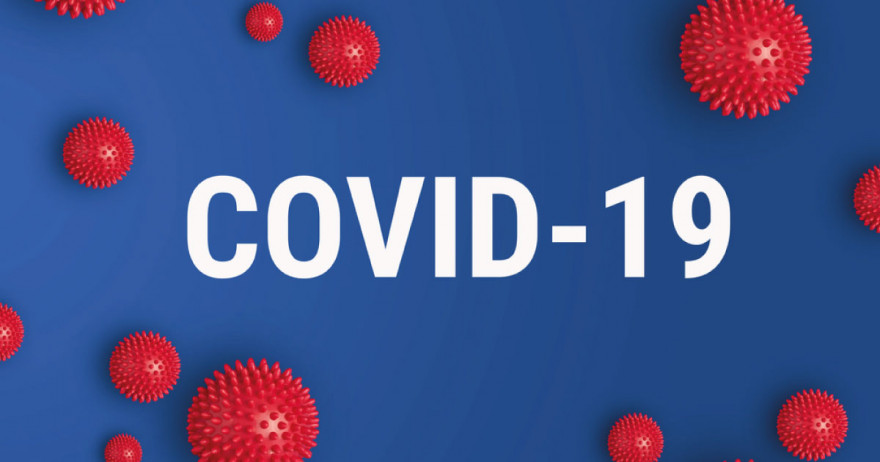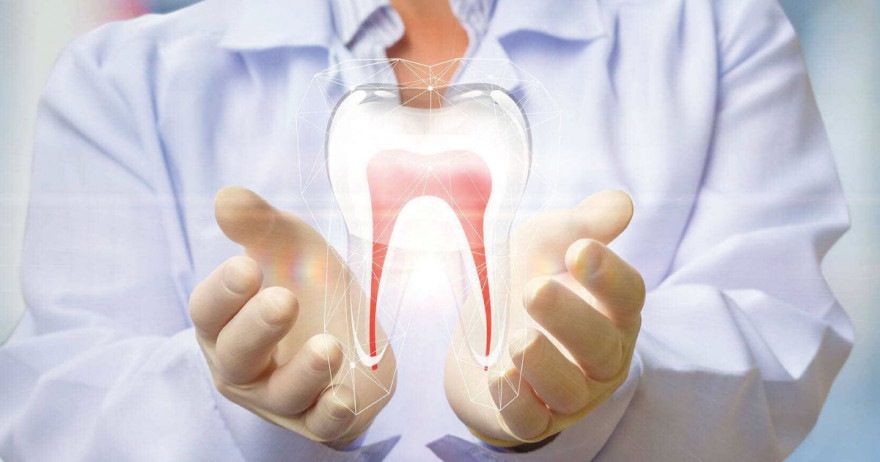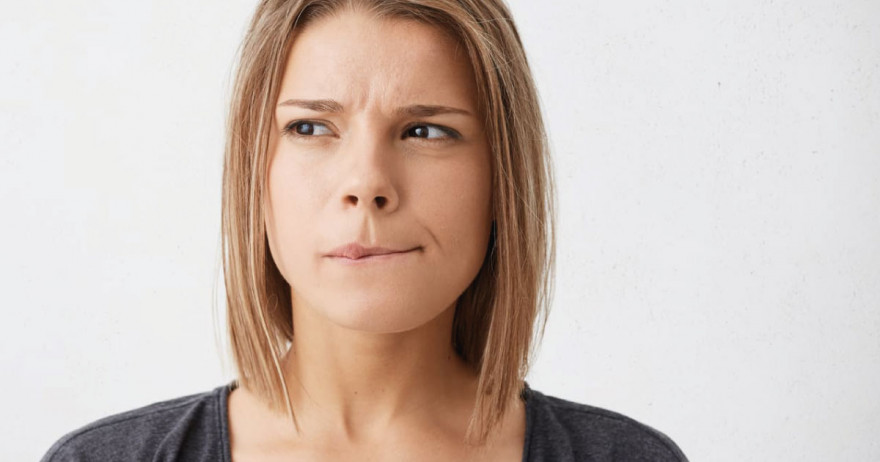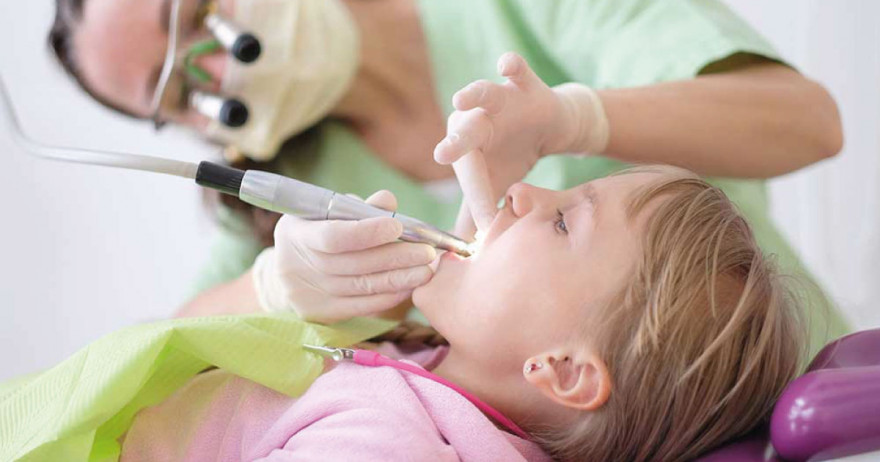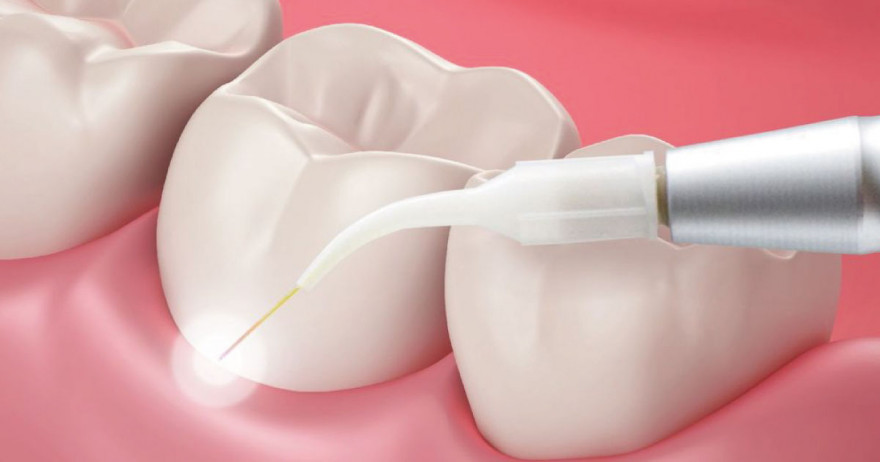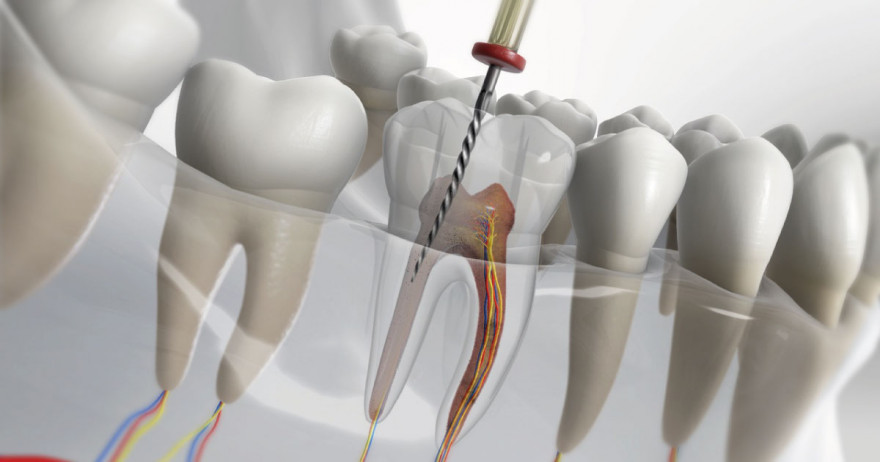From what age should children's teeth be brushed and how to do it.
At what age should you start brushing children's teeth and how to do it, what are the right rules to ensure good oral hygiene from an early age, is a topic that every parent has. Starting early, with fun and child-friendly tricks, can be a winning choice.
From what age do you have to start brushing children's teeth
It is never too early, indeed, the later you start brushing your teeth, the more challenging it will be to teach children the importance of their own oral hygiene. Obviously, each age group has its own rules. You can begin to brush children's teeth with their first appearance (which, as we know, varies from child to child) up to the first year of age, only with water. We will do it directly with the use of a wet cotton gauze, rubbing the teeth and gums.
At what age should you go to the dentist for the first time
You can start from the appearance of the first teeth, even for the sole purpose of making him familiar with the person who will be the person appointed to take care of them, through periodic checks. For this reason, it would be better to make an appointment immediately to welcome the little ones in the appropriate way and to motivate them also through small prizes or entertainment items. Creating a good initial bond limits any subsequent fear.
How, how many times a day and for how long children have to brush their teeth
From the age of two, everything changes. Oral hygiene must be done through the use of a toothbrush and toothpaste. Up to about six years of age, brushing your teeth twice a day, in the morning and in the evening, may be sufficient. Obviously, if the child should have a particularly sugary snack, it must be washed immediately after eating. The child has to brush their teeth for about two minutes.
Which toothbrush and which toothpaste to buy for small children.
It is necessary to purchase specific toothpastes and toothbrushes based on age. This is because each toothbrush is designed for the mouth of different age groups but also because the fluoride, contained in the toothpaste, cannot be taken indiscriminately. As with everything that has to become a habit, in this case too it is important to involve the child in a fun way. To help the child brush his teeth with enthusiasm, we choose toothpaste and a toothbrush with his favorite characters, we buy a nice container to store them and, to help the little one to be slowly independent, we put a stool or a chair in the bathroom that he can use. alone, with ease.
How much toothpaste to put on the children's toothbrush
As I said before, it is important to brush your teeth with a dedicated toothpaste, because each toothpaste has a different amount of fluoride. As we know, children often swallow toothpaste, so it is better to limit its use. Gradually you will increase the amount of toothpaste to put on the toothbrush. As for the amount to use, up to 6 years, just "dirty" the bristles of the toothbrush.
When children can begin to use the electric toothbrush and dental floss
It is not recommended to use an electric toothbrush before the age of six. As for dental floss, it is not necessary to use it until about four years old. Then, slowly, we can begin to introduce it. Without forcing, but to initiate the child to a practice that will be necessary when he grows up and to reduce possible interdental caries.
How to help children take care of their teeth, helping them with good daily oral hygiene, from an early age
Start talking about the health of teeth and gums from an early age.
Follow good nutrition. Avoid using too many candies and sugary foods, as well as drinks such as orange juice or juices.
Set a good example at the table and propose healthy snacks and snacks.
Brush your teeth with them, showing the right maneuvers.
Help yourself with stories, songs, books, drawings and riddles to familiarize the little ones with the care of teeth and gums.
Bring small items suitable for children, from the suction cup toothbrush holder to the small box where you can put your fallen teeth.
Valuing progress in terms of cleaning and autonomy, help them until they are able to do a good cleaning, check them during washing.
Remember not to neglect the caries of milk teeth, because if not treated they negatively affect the final dentition.
My child does not want to brush his teeth, what can I do?
It is a far from rare question. Children, even if we do all these things, will find it more fun to play than spend two minutes with a toothbrush in their mouth. And, deep down, they are unable to understand how much neglecting the teeth can compromise their health. For this reason, for our part, as well as being very patient and persistent, we can try to show him those hateful and bad bacteria we are talking about. There are tablets that reveal plaque, thanks to the use of a dye. The child will thus see where the bad bacteria that could harm him lurk and perhaps, in this way, he will be convinced of the existence of what we feared in words.
And if you want to deepen the subject or receive further information, Contact Us, we at the Dr. Lenia's Dental Surgery, we offer any advice.

